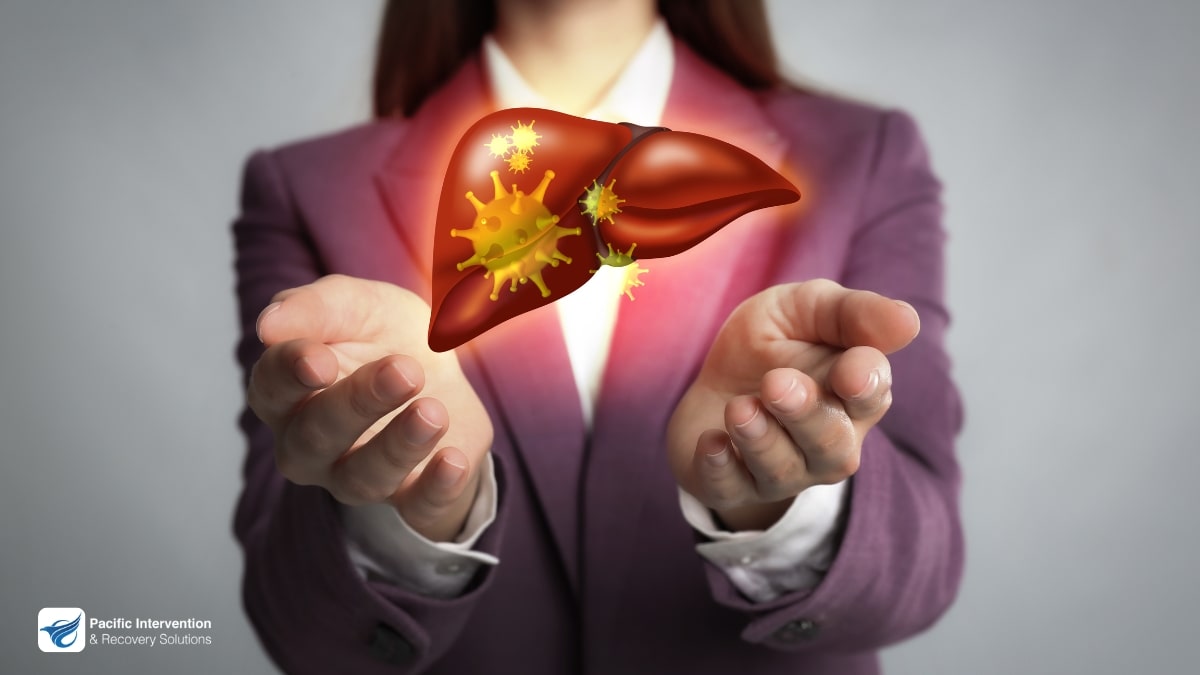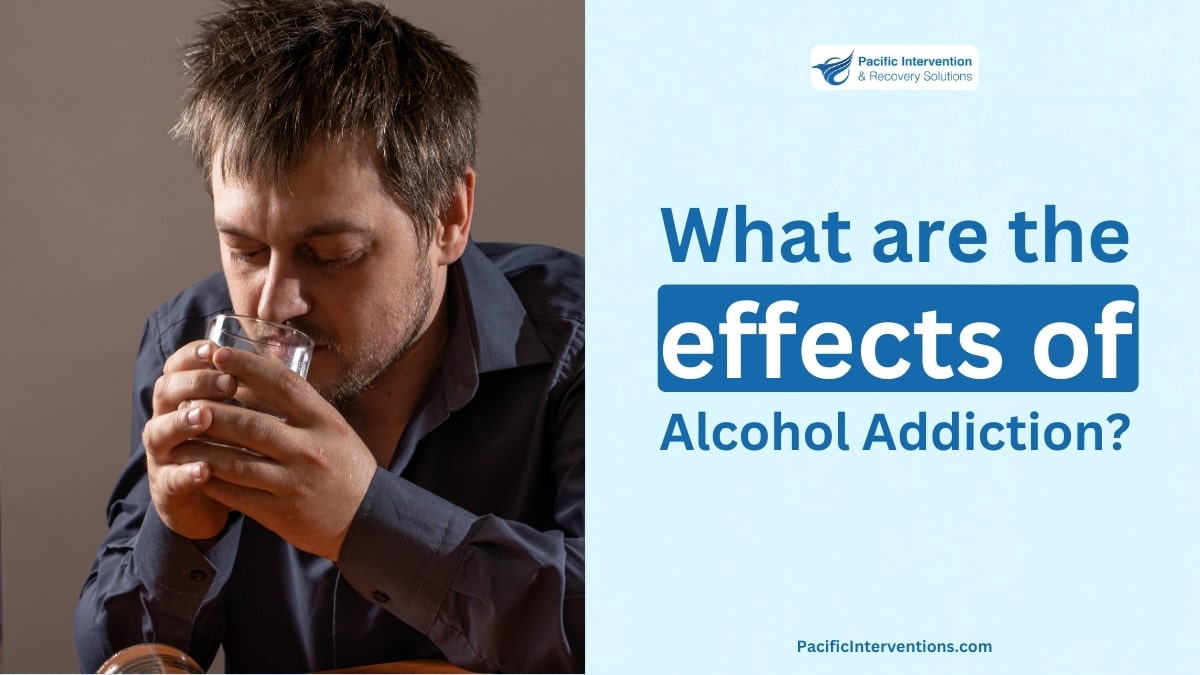Have you ever heard anything about alcohol consumption around the world? Based on the World Health Organization (WHO), 2.3 billion people currently consume alcohol around the world. However, specific global statistics regarding the total number of people addicted to alcohol are not provided.
As you know, drinking too much alcohol has negative consequences, such as severe mental health and social problems. But there is always a key! Which means you can control or even quit alcohol. In this article, you can be familiar with all aspects of alcohol addiction.
What is an Alcohol Addiction?
Have you ever seen somebody who drinks alcohol a lot? Was it normal? Absolutely not, am I right? One of the key features of alcohol addiction is the compulsive need to drink. So when you drink a lot, the structure of brain chemistry has been changed, particularly the areas related to motivation and memory, till your brain and your body are addicted to it. Also, you face mental health disorders. Alcohol addiction shows itself in different ways. You can find them in the following paragraphs.

Alcohol Addiction Effect
Like the other drugs, alcohol can change the structure of the brain, and as you know, the brain is the control center of our body. So, when you are addicted to alcohol, it’s very common to have behavioral abnormalities. Alcohol addiction can have other side effects, but in my opinion, the worst effect of alcohol addiction is cancer. Unfortunately, According to the Centers for Disease Control and Prevention (CDC), drunk driving leads to 28 deaths every day in the United States.
Here you can see the alcohol addiction effect:
Short-Term Effects
- Difficulty making decisions and increased risk-taking behavior.
- Slurred speech, unsteady movements, and slower reaction times.
- Memory Issues, Short-term memory loss, and blackouts.
- Increased irritability, aggression, or depression.
- Nausea and Vomiting, Stomach upset, and dehydration.
Long-Term Effects
- Liver Disease: Fatty liver, hepatitis, fibrosis, and cirrhosis.
- Heart Problems: Cardiomyopathy, arrhythmias, high blood pressure.
- Pancreatitis: Inflammation of the pancreas.
- Cancer: Increased risk of cancers of the mouth, throat, esophagus, liver, breast, and colon.
- Mental Health Disorders: Chronic depression, anxiety, and other mood disorders.
- Weakened Immune System: Increased susceptibility to infections.
- Social and Economic Problems: Strained relationships, job loss, financial difficulties, and legal issues.

Alcohol and Cancer
According to some studies, if you drink three or more alcoholic drinks in a day, you might be at risk of stomach, pancreatic, and prostate cancer risk. But you can control the risk of cancer; you can drink less alcohol or none at all.
As you know, cancer is a serious health problem around the world, so you have to choose a lifestyle to decrease your chance of getting cancer. Try to limit your drinking, please.
Note: all alcoholic drinks can cause cancer.

How to Help Someone with an Alcohol Addiction?
When you decide to help somebody who drinks alcohol, the type of help you offer depends on whether the person wants your help or not!
If I want to describe someone who is addicted to alcohol, I say someone who is addicted to alcohol has both psychological and physical dependence.
Additionally, they can control their drinking habits and do it again and again, and this issue can cause serious problems, social problems, or even mental and physical health problems.
The first step in creating ankle addiction is to seriously want to start this journey, and then you can help. In the following paragraphs, you will find some steps.
Study about Alcohol
Before you do anything, it’s important to know how alcohol works and how it can change the brain structure. To learn more about alcohol, read about alcohol addiction and symptoms.
Repeat What You are Going to Do
If you really want to help somebody stop alcohol addiction, show them you are available and that you care. Stop and avoid using negative speaking sentences, and be positive and supportive.
For example, instead of saying you are addicted to alcohol, you can say you are important to me, and I love you, and I’m here to help you trust me.
Another important thing is that you have to prepare for any reactions, no matter what. Stay calm and show the person your respect and support, too.
Choose the Right Time and Place.
I strongly believe that the right time and place have a huge influence on your conversation. Please start your conversation in a quiet and private place. Make sure that the person is not upset and is not struggling with other issues.
Note: when you decide to talk with an addicted person, make sure the person is sober.
Be Honest
If you really want to help somebody quit alcohol, please be honest. Tell the person you love and worry about their life; you have to show them your support and want to be a part of their life again.
One of the important things is to listen to them carefully and give them time and space to make a decision. But remember, you must not be supportive unless your money is directly used for treatment.
Conclusion
In conclusion, alcohol addiction is a dangerous problem for our society. Somebody addicted to alcohol is not just affecting their own life. It’s about all social relationships, and it has social consequences.
So, when you decide to help an alcohol-addicted person, you decide to help your society. When somebody stops drinking alcohol and tries to quit, they will face significant challenges, so they need professional help; please be supportive in this situation, assist them in finding a reputable treatment center, and show them that you still love them.
FAQs
1. Can alcohol addiction be prevented?
There is no way to determine if someone is going to develop an addiction to alcohol, so there is no way to prevent it. Even a genetic predisposition to alcohol addiction does not automatically mean it is genetically predetermined; however, some individuals are definitely at higher risk of becoming addicted to alcohol.
2. How is alcohol addiction treated?
There are different treatment methods to treat alcohol addiction, but typically, it’s a combination of medicine and behavioral therapies.
3. What causes alcohol addiction?
The main causes of alcohol addiction are biological, psychological, and socioeconomic. When these areas are out of balance, the individual seeks relief from alcohol, and this can trigger the onset of an alcohol addiction.





